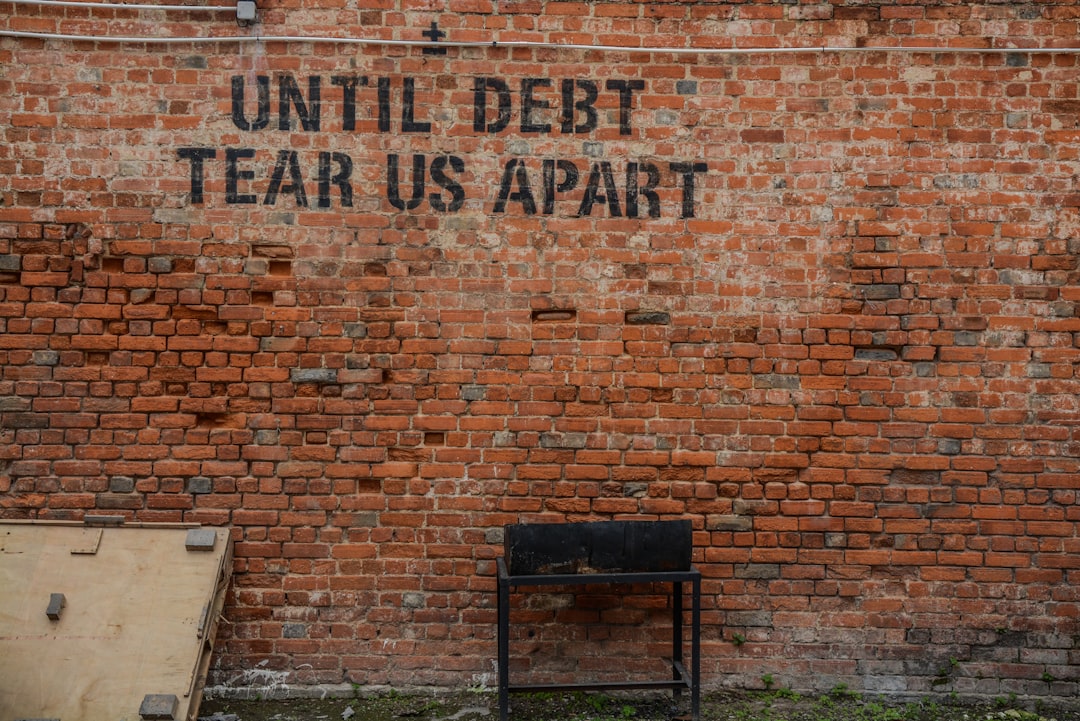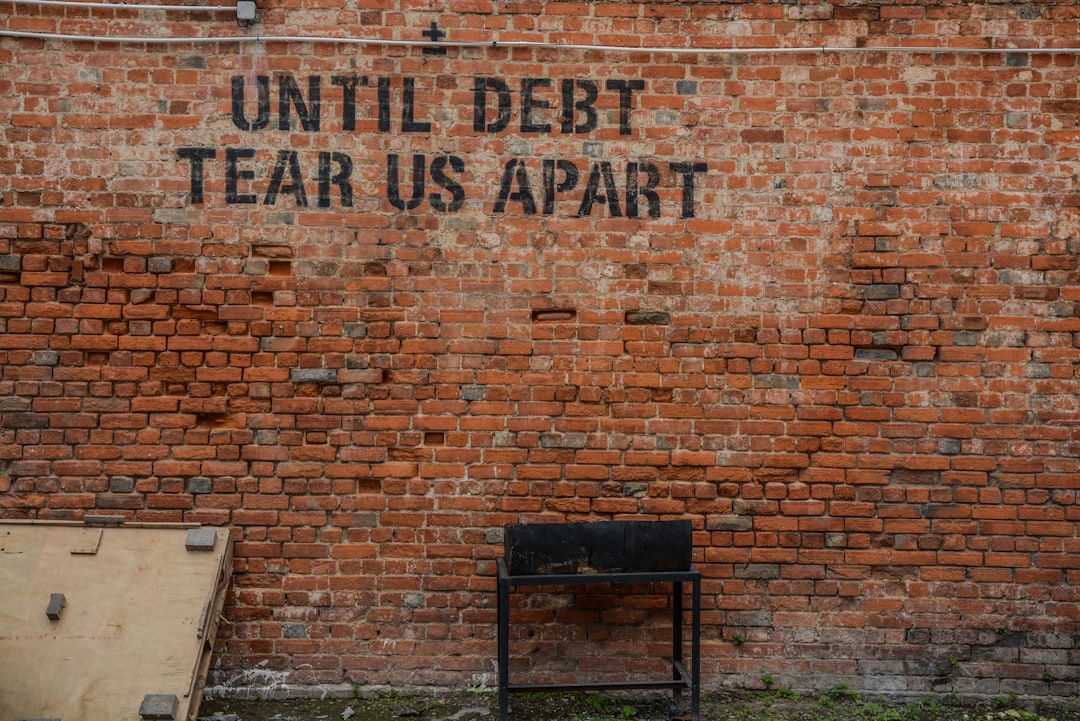Debt consolidation loans streamline multiple debt payments by combining them into a single loan with a fixed monthly payment, reducing stress and saving money on interest, especially for high-interest credit card debt. Secured loans use collateral like real estate or vehicles to offer lower rates but carry asset loss risk in default; unsecured loans have higher rates but no collateral requirement. Choosing between them depends on credit score, available assets, and repayment ability, with secured loans suitable for stronger financial profiles and unsecured loans better for those with limited assets or lower scores.
In the quest for financial freedom, understanding debt consolidation loans is pivotal. This comprehensive guide explores two primary types: secured and unsecured debt consolidation loans, each with unique benefits and risks. By delving into their pros and cons, we empower folks to make informed decisions that best suit their financial wellness. Whether you’re navigating a bustling financial landscape or facing a labyrinthine debt maze, this article offers crucial insights to help you choose the right loan type for a brighter financial future.
Understanding Debt Consolidation Loans: A Comprehensive Overview

Debt consolidation loans offer a strategic approach to managing multiple debts by combining them into a single, more manageable loan. This financial tool simplifies repayment by streamlining multiple debt payments into one fixed monthly payment, reducing the complexity and potential stress associated with juggling various creditors.
These loans are designed to help individuals gain control over their finances by providing a clear repayment structure. By consolidating debts, borrowers can potentially lower interest rates, which can result in significant savings over time. This is particularly beneficial for high-interest credit card debt or multiple loans with varying terms. Understanding the intricacies of debt consolidation loans is crucial when considering this option to ensure it aligns with your financial goals and overall debt management strategy.
Secured Debt Consolidation Loans: Benefits and Risks

Secured debt consolidation loans offer both advantages and potential drawbacks that borrowers should consider carefully before making a decision. One significant benefit is the lower interest rates typically associated with these loans, as they are backed by collateral, usually in the form of real estate or vehicles. This can result in substantial savings over time, especially if the borrower has high-interest debt, such as credit card balances. Secured consolidation also streamlines repayment by combining multiple debts into one manageable loan, simplifying the process and potentially improving the borrower’s cash flow.
However, there is a significant risk involved. If the borrower defaults on the secured loan, they risk losing the asset used as collateral. This could include their home or car, depending on the terms of the loan. Additionally, early repayment penalties may apply, making it more expensive to pay off the debt ahead of schedule. Therefore, borrowers should thoroughly evaluate their financial situation and ensure they can comfortably meet the new loan obligations without jeopardizing their assets.
Unsecured Debt Consolidation Loans: Pros and Cons

Unsecured debt consolidation loans offer a straightforward and accessible option for those seeking financial relief. One of the primary advantages is the simplicity of the application process, often requiring only a credit check and basic personal information. This type of loan allows individuals to combine multiple debts into one manageable payment, simplifying their financial obligations and potentially reducing interest rates. It’s particularly appealing to those with good or fair credit, as it provides an opportunity to establish or improve their credit score over time.
However, unsecured debt consolidation loans may not be suitable for everyone. The absence of collateral means higher interest rates and shorter repayment periods are common. Borrowers should also be prepared for the possibility of stricter credit requirements compared to secured loans. Despite these challenges, many find that consolidating debts under one roof makes budgeting easier and can lead to long-term financial stability.
Choosing the Right Loan Type: Factors to Consider for Financial Wellness

When considering debt consolidation loans, it’s crucial to understand the distinction between secured and unsecured options. Secured loans require collateral, often in the form of an asset like your home or car, providing lenders with a safety net. This typically results in lower interest rates but carries the risk of losing the collateral if you default. Unsecured loans, on the other hand, don’t require collateral, making them riskier for lenders. Consequently, they usually come with higher interest rates but eliminate the possibility of asset loss.
Factors to weigh include your credit score, debt amount, and repayment capacity. Secured loans may be suitable if you have strong credit and a significant asset to use as collateral. Unsecured loans can be preferable for those with limited assets or lower credit scores, balancing risk and potential financial burden. Prioritizing long-term financial wellness involves carefully evaluating these options based on your unique circumstances.
When deciding between secured and unsecured debt consolidation loans, understanding your financial situation is key. Secured loans offer potential benefits like lower interest rates but come with collateral risks, while unsecured loans provide greater flexibility without the need for assets as security. After weighing the pros and cons, individuals can make informed choices to achieve financial stability and consolidate their debts effectively. Opting for the right loan type aligns with long-term financial wellness, allowing for a fresh start and a clearer path towards debt-free living.
